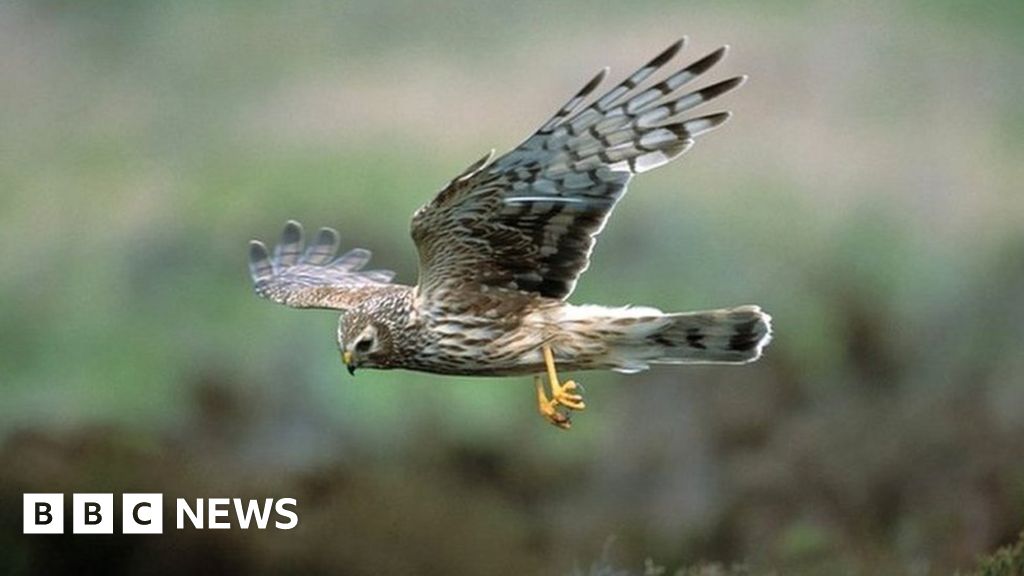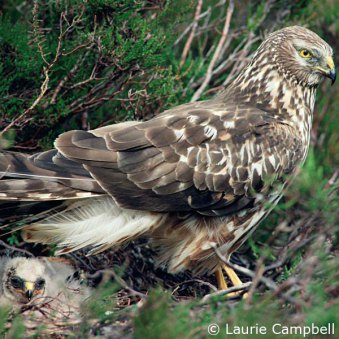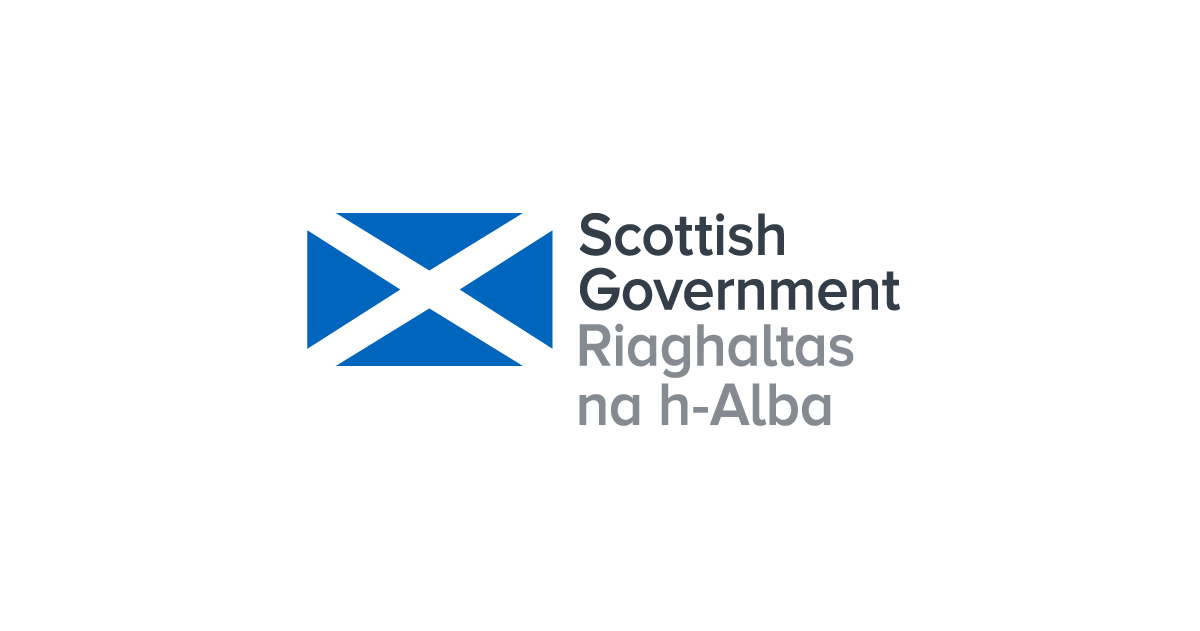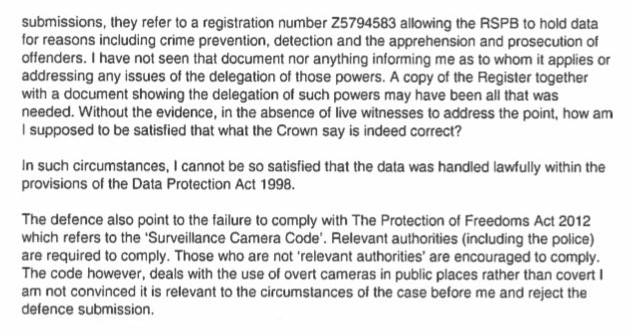Also, criminalized trespass, what are you, the 51st state of the US now? In general, every time I see the UK politics lately, it's quite worrying - and I have a special interest in it, because I grew quite fond of the country after a few visits ...
The civil laws of Tresspass were criminalized in 1994 under the Criminal Justice and Public Order Act. It was designed to give police powers to evict travellers/gypsies off private land, break up illegal raves and put an end to hunt saboteurs and anti-road protests. It was a major change in the curtailment of civil liberties in this country.
Extends to England, Wales, Scotland and NI.
Recent changes/amendments as it applies to raptor persecution (sorry about the long quote but it’s relevant to the points Nutcracker raised earlier

Investigation, the Police Act 1997 and the Regulation of Investigatory Powers Act 2000 (RIPA) - applicable UK
For detailed guidance on surveillance, prosecutors should refer to the legal guidance on the Regulation of Investigatory Powers Act (RIPA) Codes of Practice.
Third parties such as charities and campaign groups and other Non-Governmental Organisations (NGOs) often conduct surveillance of hunting, poaching and other rural activities. This can include covert surveillance and on occasion trespass on private land. Such surveillance is conducted for their own purposes although they do frequently pass surveillance footage to the police where they believe that a crime has been committed. It has been suggested that such surveillance should not be carried out unless an authorisation has been obtained by the police under Part II of RIPA 2000 and/or Part III of the Police Act 1997.
Where covert surveillance is undertaken by a public authority which is likely to result in that authority obtaining private information, an authorisation should be sought under Part II of RIPA if the surveillance is to be deemed to be lawful. If the conduct of the surveillance involves entry on or interference with another’s property, an authorisation should be sought under Part III of the Police Act 1997.
No authorisation under RIPA or the Police Act needs to be sought where a third party organisation conducts surveillance only for its own purposes. RIPA and the Police Act regulate the activities of public authorities so that those activities do not offend against Article 8 of ECHR.
No authorisation would be required as a means of protecting such conduct from being found to be unlawful where the police neither initiate nor encourage the surveillance even though they may be aware of it. See Rosenberg [2006] EWCA Crim 6.
However, where the police are aware of the intention of the third party to conduct covert surveillance and intend making use of the surveillance product in the event that it reveals evidence of a crime, it would be appropriate to seek an authorisation. This would undoubtedly be the case where the third party is tasked to conduct the surveillance, whether explicitly or by implication.
Where surveillance product is to be relied upon, the question of whether that surveillance was overt or covert and was carried out at the initiation of or with the encouragement of the police in circumstances likely to result in private information being obtained, are questions of fact to be determined in each individual case. Evidence that the organisation undertaking the surveillance has complied with the spirit of RIPA guidance (even if it was not a requirement on that organisation) may be relevant in persuading a court to admit the surveillance evidence.
Where surveillance has been conducted in circumstances which the court determines should have been the subject of an authorisation under RIPA or the Police Act, the absence of an authorisation does not mean that the surveillance evidence will be automatically excluded. The fact that the evidence was obtained in breach of a Convention right is a factor which the court will consider when exercising its discretion under section 78 of PACE.
So how this applies to HH, (afaiu) setting up/installing permanent surveillance is criminal tresspass unless express permission is sought from the landowner (failure to do so could result in being removed from the land by the landowner if they discover covert surveillance- backed up by the police ) and further, evidence of persecution videoed in routine nest and roost surveillance submitted to the CPS by the Police can get thrown out as inadmissible unless the RSPB/SRSPB/raptor conservation group concerned can prove there was no attempt or intention to get evidence for a prosecution when carrying out the surveillance (which is a bit ridiculous given that’s largely the point of surveillance imo!) and that the Police were unaware of the surveillance activities before hand or that the Police had obtained a prior RIPA authorisation for the surveillance.
see eg here - RIPA enshrines in law existing CPS/Fiscal Prosecutor guidance on evidence admissibility:
RSPB Scotland wants to speak to the Crown Office after hen harrier death charges were dropped.
www.bbc.co.uk
Two weeks ago, the public prosecutors in Scotland (Crown Office & Procurator Fiscal Service) decided to discontinue criminal proceedings against a (now former) gamekeeper who was alleged to hav…

raptorpersecutionscotland.wordpress.com
Until the laws on evidence are changed making it easier for the Police to submit video evidence to the CPS that has been provided to them from the RSPB etc, prosecution for raptor persecution offences will be an uphill slog. At the moment, the system is bent in favor of
protecting the rights of landowners/privacy from invasion of privacy from public authorities regardless of which side of the border is the land they occupy or own. A Land Owner can claim, any covert video showing raptors being killed on his land is an infringement of his Human Rights if collected without prior RIPA authorisation, and so get the evidence thrown out of Court. Even if a RIPA authorisation was acquired, the Court will still take into account the law of privacy under Art 8 ECHR.













